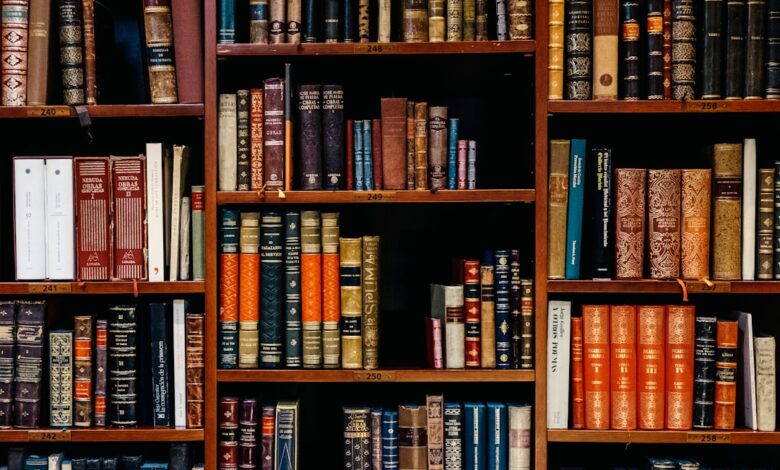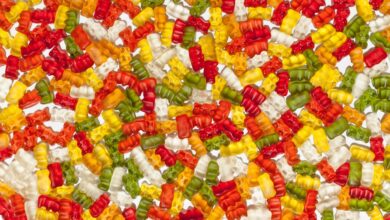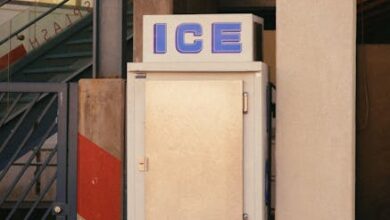Best Free Kids Apps

Finding the right apps for your kids can feel like searching for a needle in a haystack. With so many options available, and new ones popping up every day, it’s tough to know which ones are actually good for them, and which ones are just… well, digital junk food. And of course, everyone loves a good deal, so free apps are a huge bonus! As a parent and tech enthusiast, I’ve spent countless hours exploring the app stores, testing out different programs with my own children. So, I wanted to share some of my top picks for the best free kids’ apps that are both fun and educational, without costing you a dime.
Why Choose Free Apps?
You might be wondering, “Are free apps really that good?” The answer is a resounding YES… with a few caveats. Free apps can be an amazing way to give your kids access to enriching content without breaking the bank. They allow you to try out different learning styles and subjects without committing to a purchase. Plus, if your child loses interest quickly (as kids often do!), you haven’t wasted any money.
However, it’s crucial to be aware of in-app purchases and advertisements. Many free apps rely on these to generate revenue. Before handing your child a device, make sure you’ve disabled in-app purchases in your device settings and that you’ve checked the app for age-appropriate ads. Always preview the app yourself first!
My Top Picks for Free Kids’ Apps
Okay, let’s get to the good stuff! Here are some of my favorite free apps, broken down by age and category:
Preschool (Ages 2-5)
At this age, it’s all about exploration, creativity, and developing basic skills. Look for apps that focus on colors, shapes, letters, numbers, and early literacy.
PBS KIDS Games: This app is a treasure trove of educational games featuring beloved characters from PBS shows like Daniel Tiger, Sesame Street, and Wild Kratts. It covers a wide range of subjects, from math and science to social-emotional learning. It’s constantly updated with new content, keeping things fresh and exciting.
Khan Academy Kids: This comprehensive app offers a personalized learning experience for preschoolers. It includes activities that focus on math, reading, social-emotional development, and creative expression. The characters are adorable, and the app adapts to your child’s individual learning pace.
Coloring Pages for Kids: Simple, but effective. This app provides a variety of coloring pages with different themes. It’s great for developing fine motor skills and encouraging creativity. Look for versions that don’t aggressively push in-app purchases or ads.
Elementary School (Ages 6-11)
As kids enter elementary school, they’re ready for more challenging content that builds on their existing knowledge. Look for apps that focus on math, reading comprehension, science, history, and coding.
ScratchJr: This app introduces kids to the basics of coding in a fun and engaging way. They can create their own interactive stories and games by dragging and dropping code blocks. It’s a fantastic way to develop problem-solving skills and computational thinking.
Prodigy Math Game: This app is designed to make learning math fun and engaging. It’s set in a fantasy world where kids solve math problems to battle monsters and complete quests. The game adapts to your child’s skill level, ensuring they’re always challenged but not overwhelmed.
Epic!: While Epic! does have a paid subscription option, it also offers a selection of free books that are perfect for elementary-aged kids. It’s a great way to encourage reading and expose them to a wide range of genres and authors.
Tweens (Ages 12+)
For older kids, apps can be a tool for learning new skills, exploring their interests, and connecting with others. Look for apps that focus on creativity, communication, and problem-solving.
Duolingo: Learning a new language is a fantastic way to broaden your horizons. Duolingo makes language learning fun and accessible with its gamified lessons and bite-sized exercises. It offers a wide range of languages, from Spanish and French to Japanese and Korean.
Khan Academy: This app is a fantastic resource for older students. It offers free courses in a wide range of subjects, including math, science, history, and computer programming. It’s a great way to supplement their schoolwork or explore new interests.
Overdrive/Libby: These apps connect to your local library, allowing you to borrow eBooks and audiobooks for free. They’re perfect for encouraging reading and exploring new authors without spending any money.
Safety First: Tips for Choosing Apps
Before you download any app for your child, keep these safety tips in mind:
- Read reviews: See what other parents and educators are saying about the app.
- Check the age rating: Make sure the app is appropriate for your child’s age and developmental level.
- Review the privacy policy: Understand how the app collects and uses your child’s data.
- Disable in-app purchases: Prevent accidental purchases by turning off this feature in your device settings.
- Monitor your child’s usage: Keep an eye on how much time they’re spending on the app and what they’re doing.
Frequently Asked Questions
Are free apps really safe for kids?
Generally, yes, but it’s vital to do your research. Look for apps from reputable developers and pay attention to privacy policies and user reviews. Also, be sure to monitor your child’s usage and talk to them about online safety.
How can I prevent my child from making in-app purchases?
Most devices have built-in settings that allow you to disable in-app purchases. On iOS devices, go to Settings > Screen Time > Content & Privacy Restrictions > iTunes & App Store Purchases. On Android devices, go to the Google Play Store app, tap the menu icon, then Settings > User controls > Require authentication for purchases.
What if my child gets bored with an app quickly?
That’s perfectly normal! Kids’ interests change rapidly. The beauty of free apps is that you can try out different ones without feeling guilty if your child doesn’t stick with them. Keep exploring and experimenting until you find apps that truly engage your child.
Are there free apps for kids with special needs?
Yes, there are many excellent free apps designed for children with special needs. Search for apps specifically designed for autism, ADHD, dyslexia, or other conditions. Many of these apps offer features like customizable settings, visual supports, and sensory-friendly interfaces.
Finding the “best” free kids’ apps really depends on your child’s age, interests, and learning style. But with a little research and experimentation, you can discover a wealth of engaging and educational content that won’t cost you a dime. So go ahead and explore the app stores – you might be surprised at what you find!
Related Posts
| Best Free Learning Apps |
| Best Free Learning Apps For Kids |



